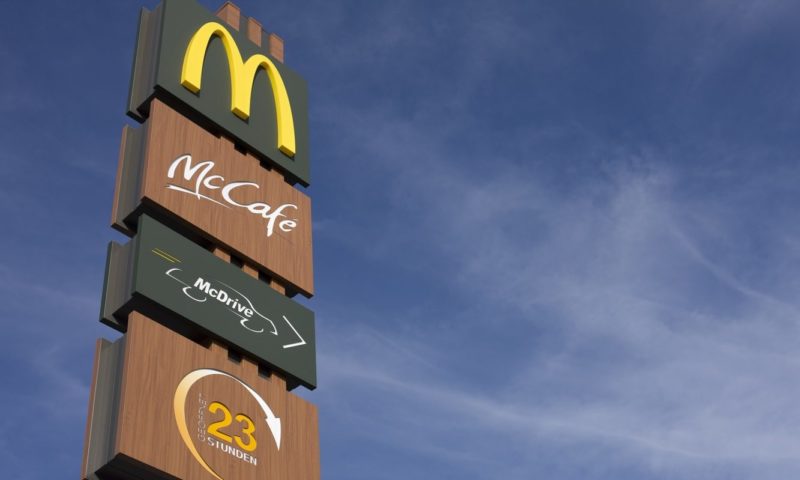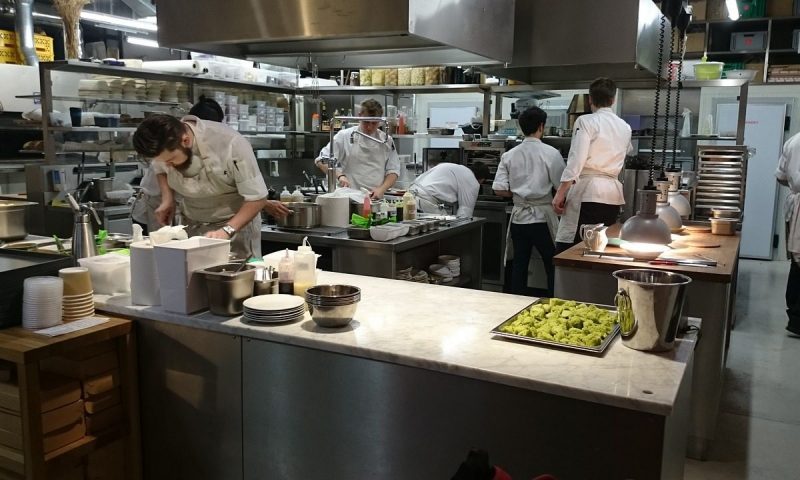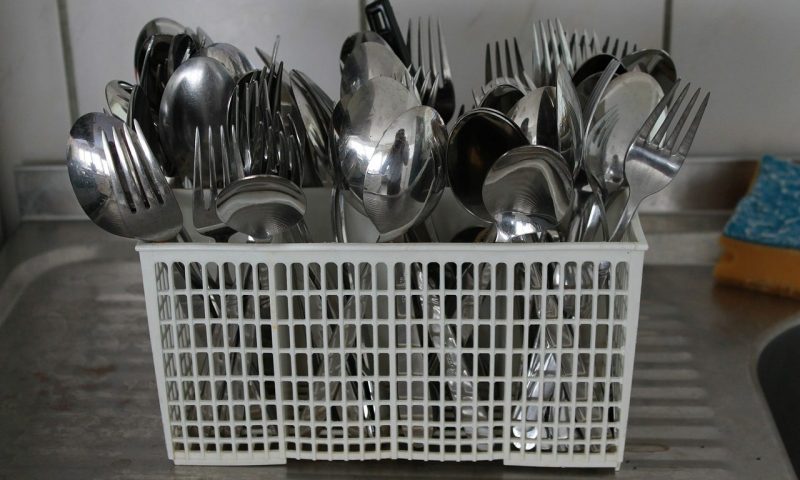Register to get 5 free articles
Reveal the article below by registering for our email newsletter.
Want unlimited access? View Plans
Already have an account? Sign in
It’s easy to make the ethical case for encouraging ourselves and others to eat more sustainably.
What we grow, eat, and throw away has an impact on the environment, our health and well-being. Over recent years, there has been an increasing interest in eating sustainable diets at home and in cafes, restaurants, and other hospitality environments. In the UK, 43.6% of all expenditure on food and drink is spent on ‘out of home’ catering in some form or other. Given its size, it seems inevitable that foodservices will need to innovate how they creatively handle food waste and perceive sustainability.
Recently, Bidfood undertook a survey that revealed millennials create a huge amount of food waste. It’s shocking to see they are throwing away so much food, with 44% throwing away food unnecessarily once a month. The so-called health-conscious and environmentally-conscious millennials are seemingly unaware of the impact of how they’re treating the world.
Perhaps the reason for this is a lack of education in schools as over the years, cooking classes have decreased and become almost non-existent in school curriculums, whereas it was essential decades before.
How can the food-waste problem be solved?
Every year, 1.9 million tonnes of surplus food is wasted by the UK food industry. UK food waste is associated with greenhouse gas emissions of over 20 million tonnes, and that’s not including all the water, fuels, and associated environmental costs of producing and distributing it.
Something that is contributing to those shocking statistics, is that there is an enormous misunderstanding of ‘best before’ and ‘consume by’ dates – best before means it can be eaten a few days after this date has gone off, it just won’t be as fresh, and the consume by date is self-explanatory. If more understood this, then we may be able to reduce the food waste problem dramatically.
It’s crucial for the catering industry to lead the path in preventing further damage. The reason why people throw away so much food is because we produce so much of it – it’s become so accessible to us – so chefs should be trained to serve consistent portion sizes, which won’t be thrown away by the public, then the issue would save the industry money too.
What’s the importance of sustainability?
For hotels and restaurants, recognising that sustainability is commercially the right thing to do is important. It is the bottom line in success. Waste products should be going to food banks and FareShare rather than paying someone to come and collect the waste for it only to be disposed in a landfill. The hospitality industry needs to think more creatively when it comes to the options, they have to become more sustainable.
It’s not just about profit for businesses. Using sustainability can boost the reputation if a business and engage employees, who may be making small changes at home, but aren’t doing it in the workplace. In fact, research has shown that 55% of professionals say they are currently in a job where they can make a social or environmental impact on the world. These respondents are more satisfied with their job by a 2:1 ratio.
Business leaders need to show best practice and encourage employees to think creatively to aid the impact they’re having on the environment.
Sustainability is a huge topic, and prioritising what activity to focus on, as a business, is very difficult. There is a general perception in the hospitality industry that it will costs businesses and yes, it will require some investment, but it will also encourage leaders to think creatively, and the results will show an outcome of success.
By Heather Angus, HR and sustainability director at food wholesaler and supplier, Bidfood


















